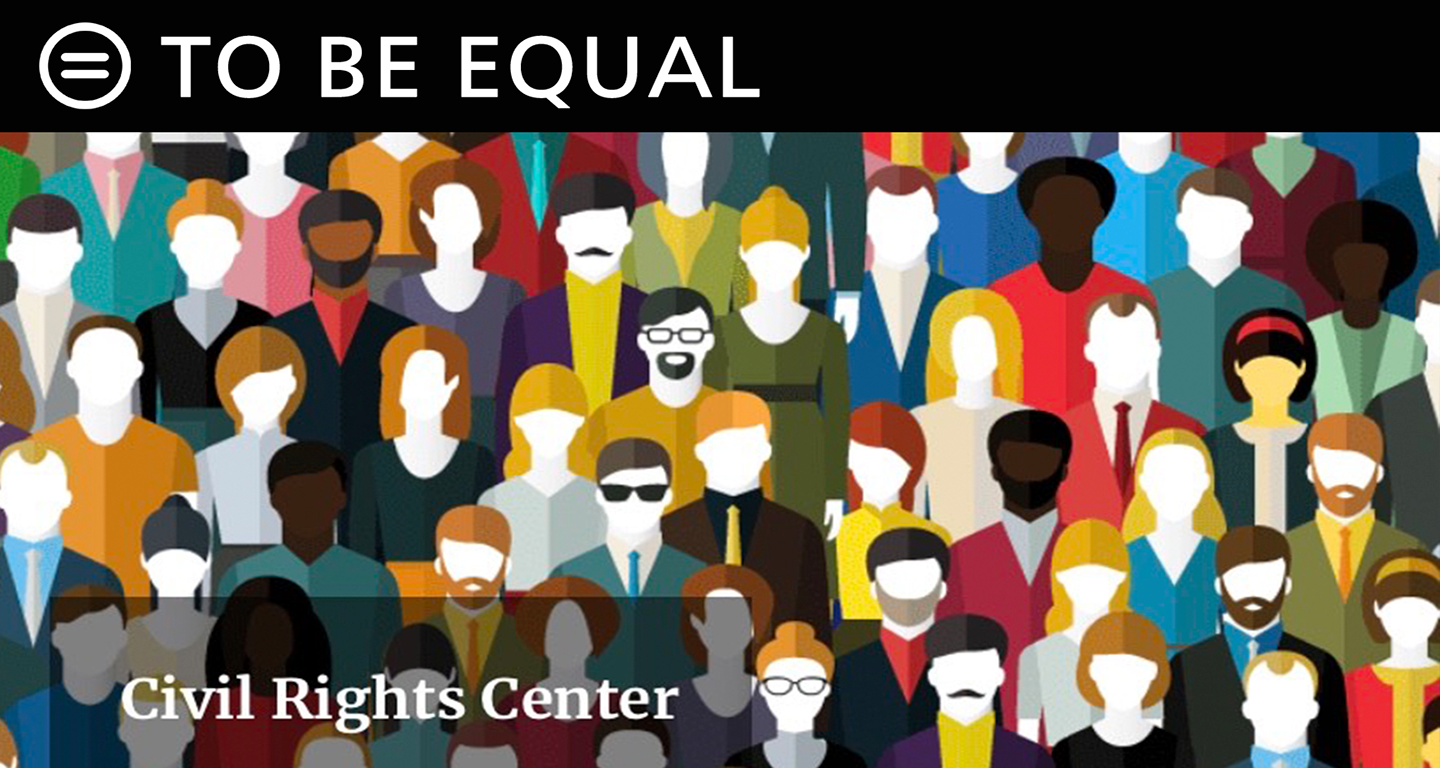Trump Administration Hides Behind Coronavirus Crisis to Eliminate Civil Rights Protections

Marc H. Morial
President and CEO
National Urban League
“Indisputably, due to historic inequities, this crisis disproportionally burdens Americans of Color and Women. They need continued Federal protections and oversight, not abandonment. The suspension of Equal Opportunity requirements in this crisis would not only penalize those protected by the civil rights laws, but it would also hinder the government’s work. The research is clear and compelling – diverse workforces produce better results. This Government policy should be reversed at once.” -- National Bar Association President Alfreda Robinson
The Trump era has seen a relentless erosion of civil rights protections. The Administration pivoted from defending voting rights to enabling suppression. It shifted resources from investigating discrimination and violence against racial minorities toward the protection of white Americans.
Every step of the way, the Administration has made it easier to discriminate, and more difficult to seek relief from discrimination.
In the earliest months of his Administration, President Trump proposed eliminating the Office of Federal Contract Compliance Programs, the section of the U.S. Department of Labor that is charged with ensuring that employers doing business with the Federal government comply with the nondiscrimination laws and regulations.
In August 2018, the Trump administration rescinded guidance that the Department of Labor had used to analyze whether federal contractor compensation practices comply with federal laws and regulations.
Now, in an act of breathtakingly bad faith, the federal compliance office has issued an order suspending equal opportunity requirements during the coronavirus crisis. Companies who contract with the federal government are now free to discriminate on the basis of race, color, sex, sexual orientation, gender identity, religion, national origin, disability, or veteran status.
Falling as it did during a period of unprecedented chaos as the Administration struggled to respond to the crisis, the order has received almost no attention.
This underhanded move serves absolutely no legitimate purpose and must be reversed at once.
More than six million Americans this week applied for unemployment compensation, bringing the two-week total to a staggering 10 million. The Labor Department’s monthly jobs report for March is expected to show a net job loss for the first time in 9½ years. Economists predict the total of job losses to be double those lost in the Great Recession, but over a much shorter period of time.
This is a time for the federal government to exert more protection for workers of color, not less.
Even before the Great Recession, Black Americans lagged white Americans economically. The average Black household income in 2007 was about two-thirds the average white household’s. The Black unemployment rate was – and remains – twice as high as the rate for whites.
The economic crisis wiped out all the gains in Black homeownership made since the Fair Housing Act of 1968, dramatically widening the nation’s racial wealth gap.
The impacts will be felt for a generation. An ACLU report analyzing the effects of the 2008 financial crisis Great Recession concluded:
- If economic trends had continued without the shock of the Great Recession, the ratio of white to black median wealth would have been forecast to drop from 4.4 times greater in 1999 to 4.0 times greater by 2031. But given the impact on black family wealth of the financial crisis, by 2031 the racial wealth gap will instead grow: the typical white household’s wealth is projected to be 4.5 times that of the typical black household’s wealth. This increased disparity will be even more profound from the perspective of home equity wealth. Without the Great Recession, home equity values for black and white families at the same income and education levels were headed toward parity by 2050. As a result of the Great Recession, however, the gap between black and white home equity will likely remain large decades into the future.
It’s important to keep in mind that the disproportionate impact of the Great Recession unfolded under an Administration that was committed to upholding the federal government’s traditional duty to protect American workers from racial discrimination. In an economic crisis of even greater magnitude, under an Administration that has abandoned that duty, the impact will be far worse.
As Congress ponders a phase-four response to the coronavirus crisis, protections for vulnerable workers of color must be a top priority. House and Senate leaders need to press the Administration to fulfill its constitutional duty and restore equal opportunity requirements for federal contractors.
###
14TBE 4/2/20 ▪ 80 Pine Street ▪ New York, NY 10005 ▪ (212) 558-5300
Connect with the National Urban League
Facebook: https://www.facebook.com/NatUrbanLeague
Twitter: https://twitter.com/naturbanleague
Instagram: https://www.instagram.com/naturbanleague
Website: https://www.NUL.org
Newsletter: http://bit.ly/SubscribeNUL
YouTube: http://bit.ly/YTSubNUL

